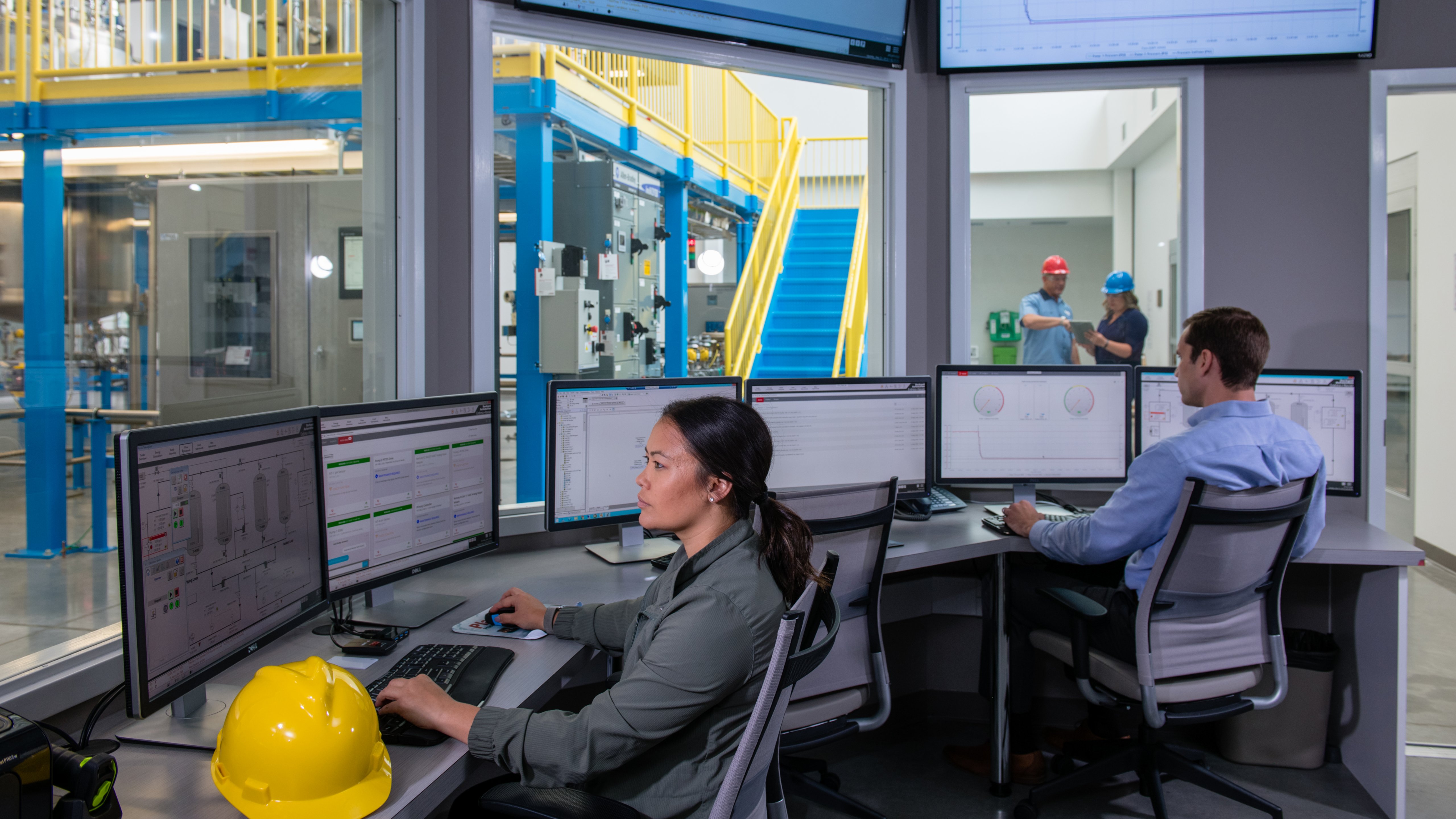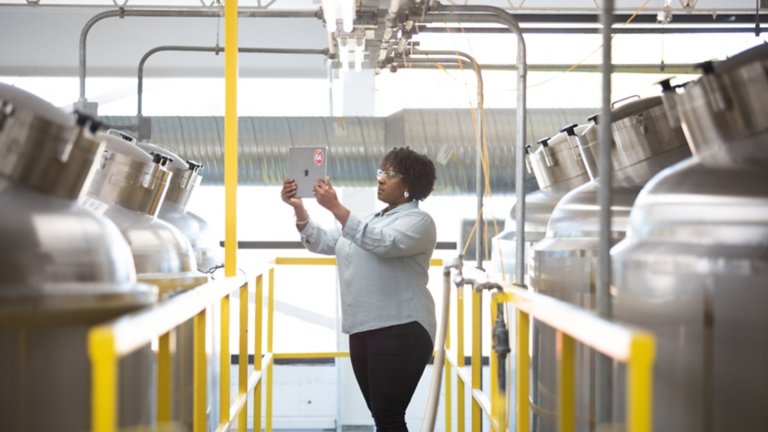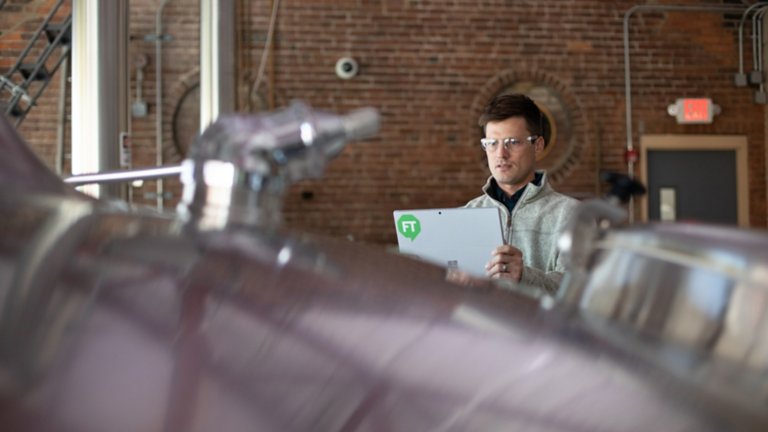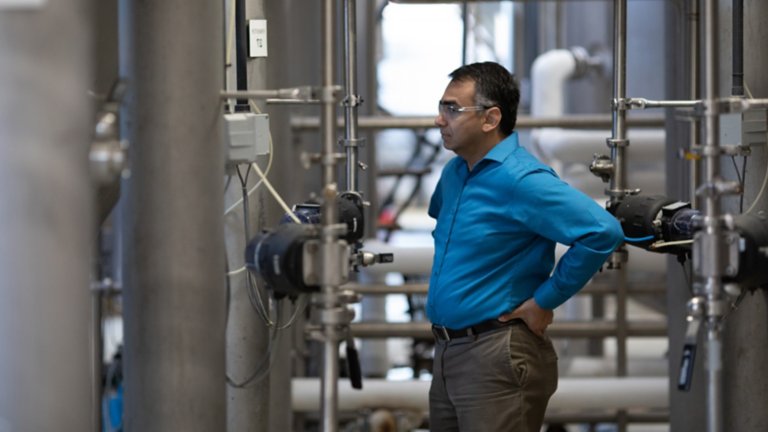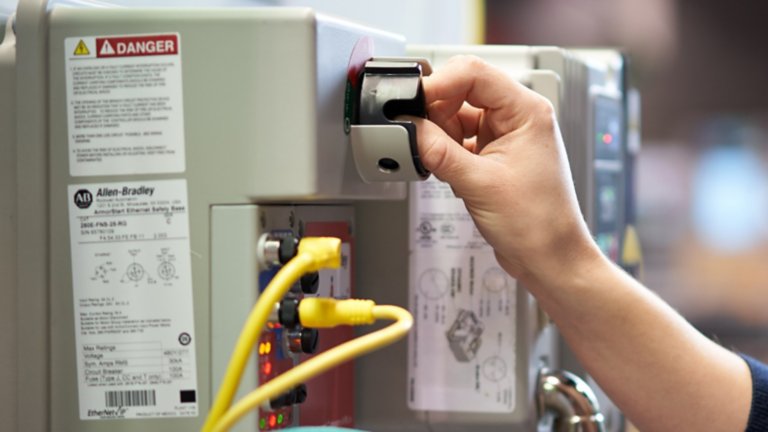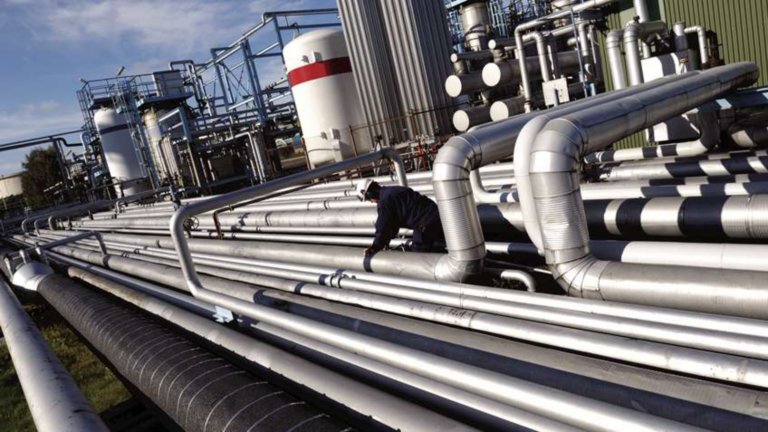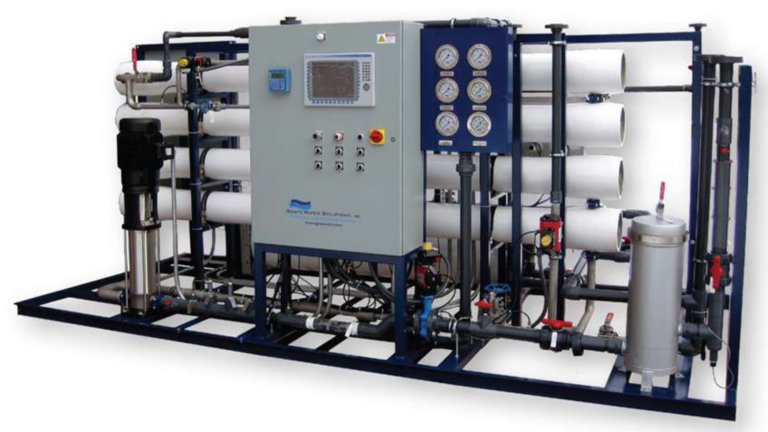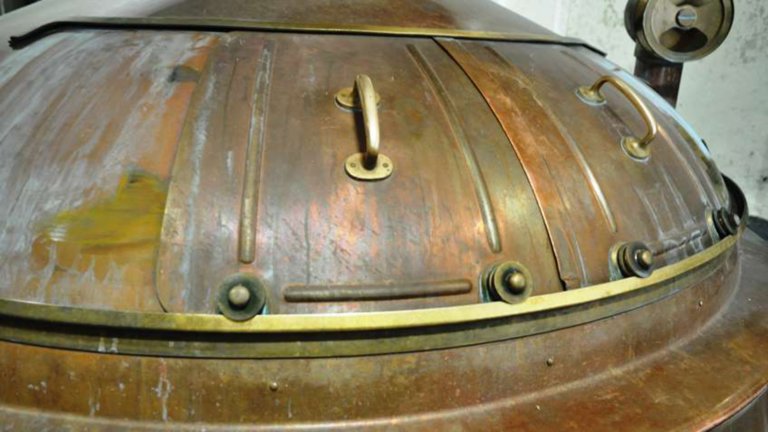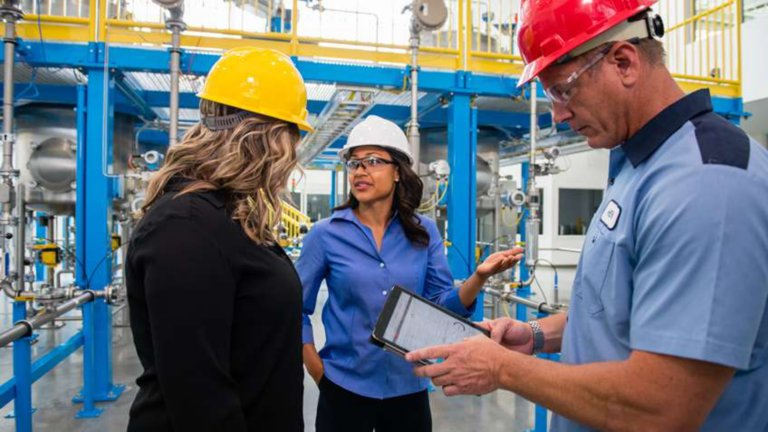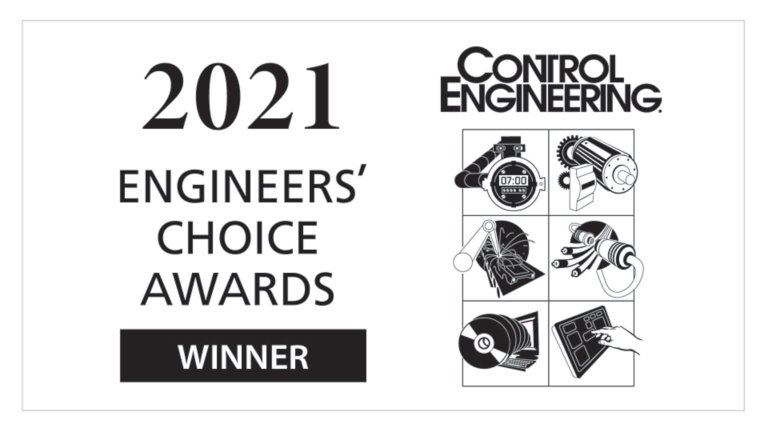We understand that you face difficult challenges in your industry to achieve your production goals, meet customer demands, and stay ahead of the competition. With more than 100 years of industrial process automation experience, we offer a wide range of industrial process solutions to meet your challenges. Our process expertise in batch, process optimization, and safety system solutions and services can help you to accomplish your goals.
Maximize Operations and Achieve High Availability
Automate Processes in Your Industry to Fit Your Requirements
Automating your processes does not have to be a “one-size-fits-all” solution to maintain critical operations in your industry. We offer a wide range of process control solutions that apply methods and technology to safeguard your operations, and match your economic and performance requirements. These process automation solutions are scalable, flexible, and easy to integrate. This helps your organization increase productivity, lower costs, reduce energy consumption, and improve safety. Our process expertise can help you improve operational effectiveness and achieve high availability.
Plant-wide Process Control and Optimization
Modern Distributed Control Systems
A modern distributed control system (DCS) is built using plant-wide control technologies. Today, process control, discrete control, power control, and safety control no longer have to be a choice of separate technologies. Producers can now choose to implement a plant-wide process control system.
The use of common automation technologies enables seamless integration of the modern DCS with plant-floor and business systems, creating more opportunity for plant-wide optimization. This approach improves productivity, lowers energy consumption, and reduces total cost of ownership of a modern DCS. Our PlantPAx system is a key component of The Connected Enterprise®, which makes all of this possible.
Reduce Costs and Increase Production
Model Predictive Control and Optimization
For many operations, production and profit margins fluctuate due to material variance, equipment constraints, operator skill set, and changing environmental conditions. Our model predictive control (MPC) technology leverages the Pavilion8® process automation software platform. This technology is an intelligence layer on top of basic automation systems that continuously drives the plant to achieve multiple business objectives.
Our MPC-based solutions include built-in controller performance metrics. Key indicators such as utilization, time-at constraints, and deviation from target are monitored. These metrics allow product quality, production, and efficiency to be measured directly against MPC utilization and performance.
Mitigate Hazards and Risks
Process Safety Solutions for Your Industry
The protection of personnel, processes, and the surrounding environment remains a significant part of any automation strategy. Our technology is used in safety and critical control processes in industries throughout the world. We can help you select a standalone or integrated process safety system based on required Safety Integrity Level (SIL) and your project requirements.
Reduce Cost, Time, and Risk
Automate a Batch Control System
Your diverse batch processing needs require flexibility and reliability to manage workflows and recipes. Our batch solutions are tailored to meet your business and production goals.
What is Industrial Process Automation?
Industrial process automation is the use of technology, such as sensors, software, and control systems, to monitor, control, and optimize industrial processes. It aims to improve efficiency, reduce human intervention, minimize errors, and enhance safety in manufacturing or production environments. Automation systems can manage repetitive tasks, regulate machinery, and ensure consistency in processes.
Common examples include robotic arms in assembly lines, automated quality checks, and process control solutions. Ultimately, the end goal of industrial process automation is to increase productivity while lowering costs and operational risks.
How Does Industrial Process Automation Work?
Industrial process automation works by integrating technology like sensors, controllers, and actuators into a system that monitors and manages processes in real time. Sensors collect data, such as temperature, pressure, or flow rates, and send it to a central controller, like a programmable logic controller (PLC) or distributed control system (DCS). The controller analyses this data using predefined instructions or algorithms and sends commands to actuators, which adjust machinery or equipment accordingly.
Advanced systems may incorporate artificial intelligence or machine learning to optimize performance and adapt to changing conditions. This cycle of data collection, analysis, and action ensures consistent and efficient operations with minimal human intervention.
Benefits of Process Automation
Industrial process automation provides manufacturers with a wide range of benefits, such as enhancing production processes while reducing risks and errors. The five key benefits provided by industrial process automation include:
- Increased efficiency: Automation streamlines operations, reducing process time and maximizing output while minimizing waste.
- Enhanced quality: Consistency is improved as automated systems maintain precise control over variables, reducing errors and ensuring uniform product quality.
- Cost savings: Labor costs are reduced, and operational expenses decrease due to optimized resource use and minimized downtime.
- Improved safety: Process automation reduces the need for human workers in hazardous environments, lowering the potential risk of accidents and injuries.
- Real-time monitoring and control: Automated systems provide continuous data collection and analysis, enabling faster decision-making and proactive maintenance.
Types of Industrial Process Automation Solutions
When deployed holistically, industrial process automation solutions can enhance nearly every step of the manufacturing process. Examples of industrial process automation solutions include:
- Industrial robots
- Supervisory control and data acquisition (SCADA)
- Programmable logic controllers
- Distributed control systems
- Automated quality control systems
Others also viewed
Based on your activity
